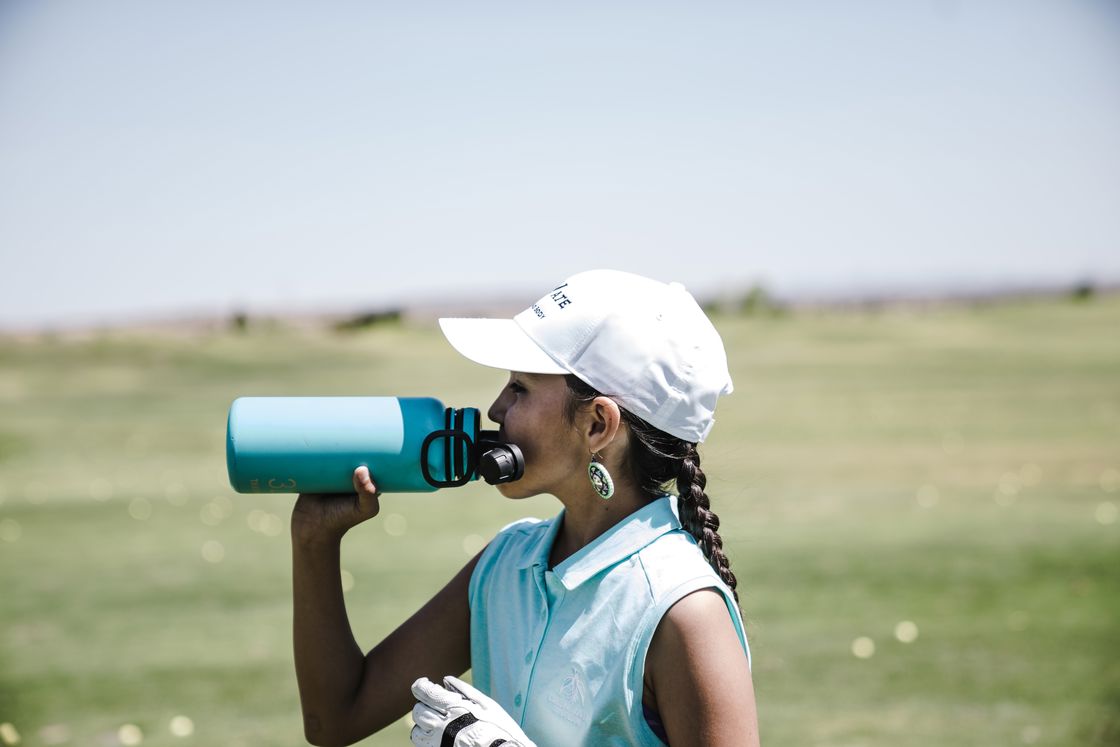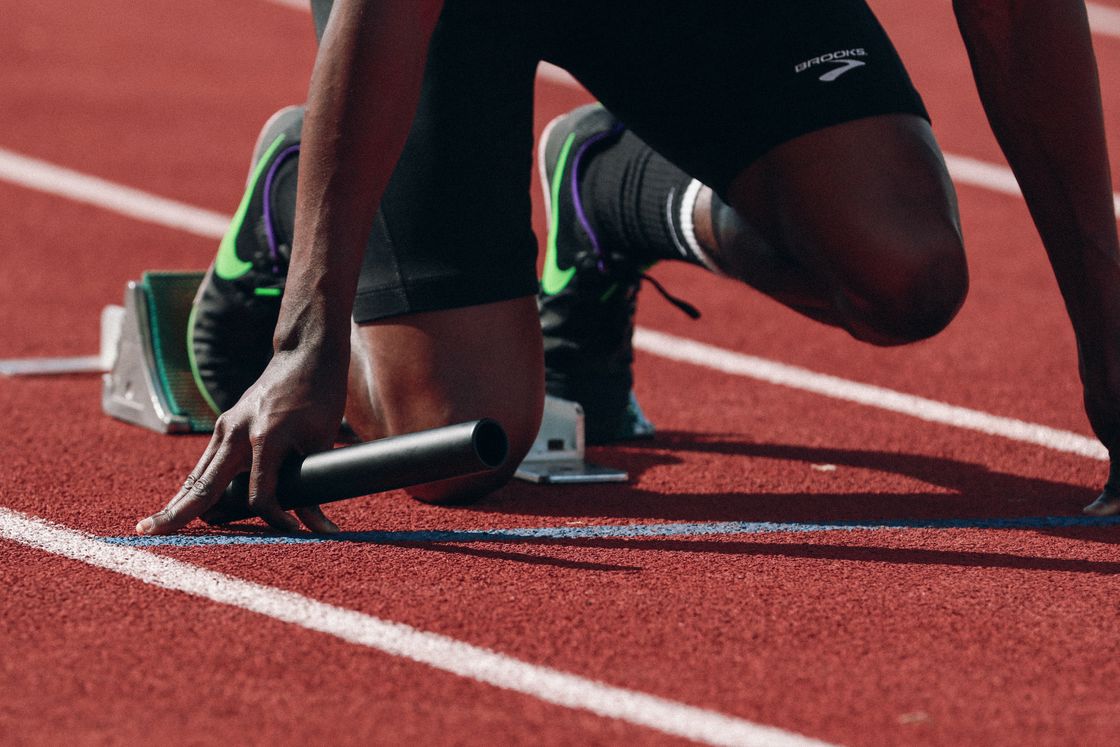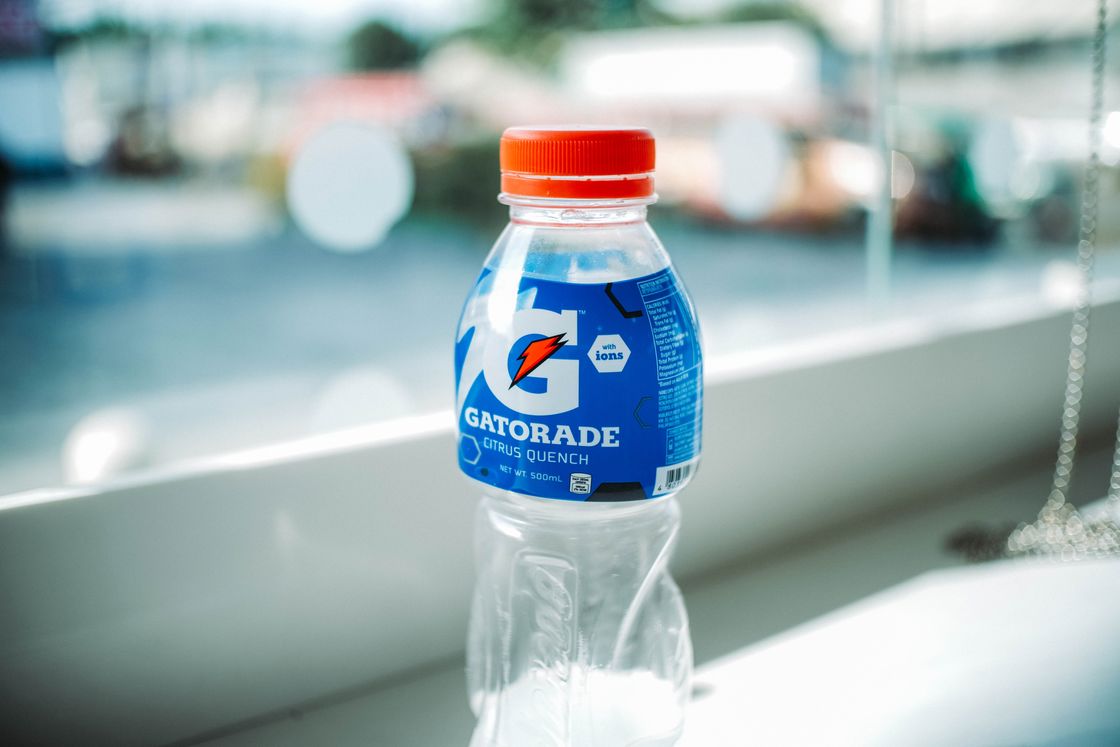Sweaty workouts and demanding runs have always sparked a question for me: when are sports drinks the answer for hydration? It’s a journey, learning about our bodies and how they recover from exertion and strenuous exercise. Let’s explore the real deal about these electrolyte-filled beverages and when they genuinely aid our hydration and recovery. Shall we?
When Are Sports Drinks Appropriate for Hydration?
When is the optimal time to reach for a sports drink for hydration? The straightforward answer is during or after exercises that are long (generally over 60 minutes), intense, or occur in hot and humid conditions, leading to significant sweat loss. With their electrolyte and carbohydrate content, sports drinks are formulated to replenish what we lose during such exertions.
However, the science of hydration and energy replenishment during physical activities involves more than just drinking when thirsty. It encompasses understanding your body’s signals, the workout intensity, and the environment you’re exerting in. The necessity of sports drinks is deeply intertwined with your individual physiological needs and the specifics of your exercise regimen.

Interested in learning more about the connection between hydration and exercise? Let’s keep the momentum going and splash into this topic in detail!
Hydration and Exercise
On an energetic jog or a heavy workout session, we often find ourselves in a salty sweat-soaked state, pondering over the right drink to quench our thirst and keep us moving. It’s more than just replacing lost fluids; it’s about ensuring our bodily engines don’t run dry amidst our fitness journey, keeping cramps and fatigue at bay.
After extremes of long, intense, or heat-driven exercises, simply reaching for water might not be enough for your hydration needs. With their gleeful parade of electrolytes and carbohydrates, sports drinks can replenish what our bodies have sweat out, providing a much-needed energetic encore during our strenuous acts.
Yet, those refreshing sports drinks come with a caveat, requiring a thoughtful sip rather than a mindless gulp. We need to ensure that we don’t dive into a sugary excess. Understanding when our bodies truly require a sports drink, as opposed to the simpler, calorie-free hydration from water, becomes an essential chapter in our exercise story.
Signs of Dehydration
To know whether you need a sports drink or not, you first need to be able to understand your body’s signs. Sometimes, we get so wrapped up in our training that we forget our bodies might quietly be asking for help. Obviously, signs like feeling thirsty or having a dry mouth catch our attention. Sneaky symptoms like a sudden headache or dizziness can signal that your body needs water, even if it seems like you’re just tired.
Let’s explore a few signs you need to hydrate and see if you find them familiar.
- Dry, Sticky Mouth: Your mouth feeling like a deserted oasis? That’s a cue!
- Fatigue: Feeling exhausted and a lack of energy? Bingo! That’s a sign!
- Dark Urine: Keep an eye on a deeper, darker yellow shade, signaling a red flag.
- Headaches and Dizziness: Subtle, often overlooked, yet possibly hinting at your body’s cry for hydration.

A study underscores the substantial impact of even mild dehydration on our physical and cognitive performance, implying that those subtle hints of dehydration might be more nefarious for your workout than you initially suspect. It’s quite a balance– acknowledging these signs, ensuring we twirl towards our hydration and best electrolyte sources timely and wisely, fostering a healthy, uninterrupted journey towards our fitness goals
Sports Drinks: Ingredients and Benefits
Now that you know your body is asking for hydration, you must know what you’re giving it. Let’s take a look at the ingredients in sports drinks. These colorful bottles host a concoction tailored to keep our energy levels afloat during strenuous activities, each component playing a pivotal role in our high-intensity training.
Carbohydrates
The sweet allure of carbs! Not merely for delighting our palate, carbohydrates carry essential energy for our muscles, ensuring our bodies remain energetic and pumped!
Electrolytes
Electrolytes have a very important role: maintaining harmony within our cellular conversations, ensuring every muscle twitch and nerve signal proceeds without a hitch.
Sodium
Sodium diligently guards our hydration balance, ensuring neither cramps nor fatigue steal the limelight during our performances.
Amino Acids
A must-have for your body. In fact, your body needs 20 different amino acids for optimal functioning. Whispering to our muscles, amino acids weave a protective spell, mitigating damage and hastening recovery, ensuring our physical tales unfold smoothly from start to finish.
What Makes Sports Drinks Unhealthy?
Every silver lining has a cloud. It’s essential to remember that behind every energetic slogan and enticing color of sports drinks lurks the shadow of potential health drawbacks. It’s a world where swift energy comes with subtle catches, and our choice to hydrate can become a double-edged sword. Let’s see how.

Sugar might be seen as a necessary evil, providing that quick burst of energy during prolonged activities. However, let’s not mask the truth: frequent consumption of these high-sugar drinks can result in many issues, such as dental problems, weight gain, and spikes in blood sugar levels.
Then there’s sodium. Yes, it’s vital for balancing fluids in the physical realms of our bodies; an excess can lead us down a path of elevated blood pressure and heart concerns. Therefore, finding that equilibrium, where our body reaps the benefits without succumbing to the pitfalls, becomes the quintessential quest in our hydration journey.
Related Questions
When Should You Drink Hydration Drinks?
Hydration drinks are best consumed when engaging in activities exceeding 60 minutes, involving substantial sweat loss to replenish lost fluids and electrolytes promptly.
What Are Sports Drinks Appropriate for Hydration?
Sports drinks become apt for hydration during high-endurance activities or sports, efficiently restoring lost carbohydrates and electrolytes.
When Should an Athlete Consume Sports Drinks Instead of Just Water?
Athletes should favor sports drinks over water in scenarios involving exhaustive, prolonged activities to aid in hydration and sustaining energy levels.
Conclusion
Whether as a runner in the sweltering heat or a yogi, your journey demands nuanced hydration choices. So, from recognizing your body’s subtle signals to picking the perfect post-workout sip, every drop counts towards an empowered, hydrated you!